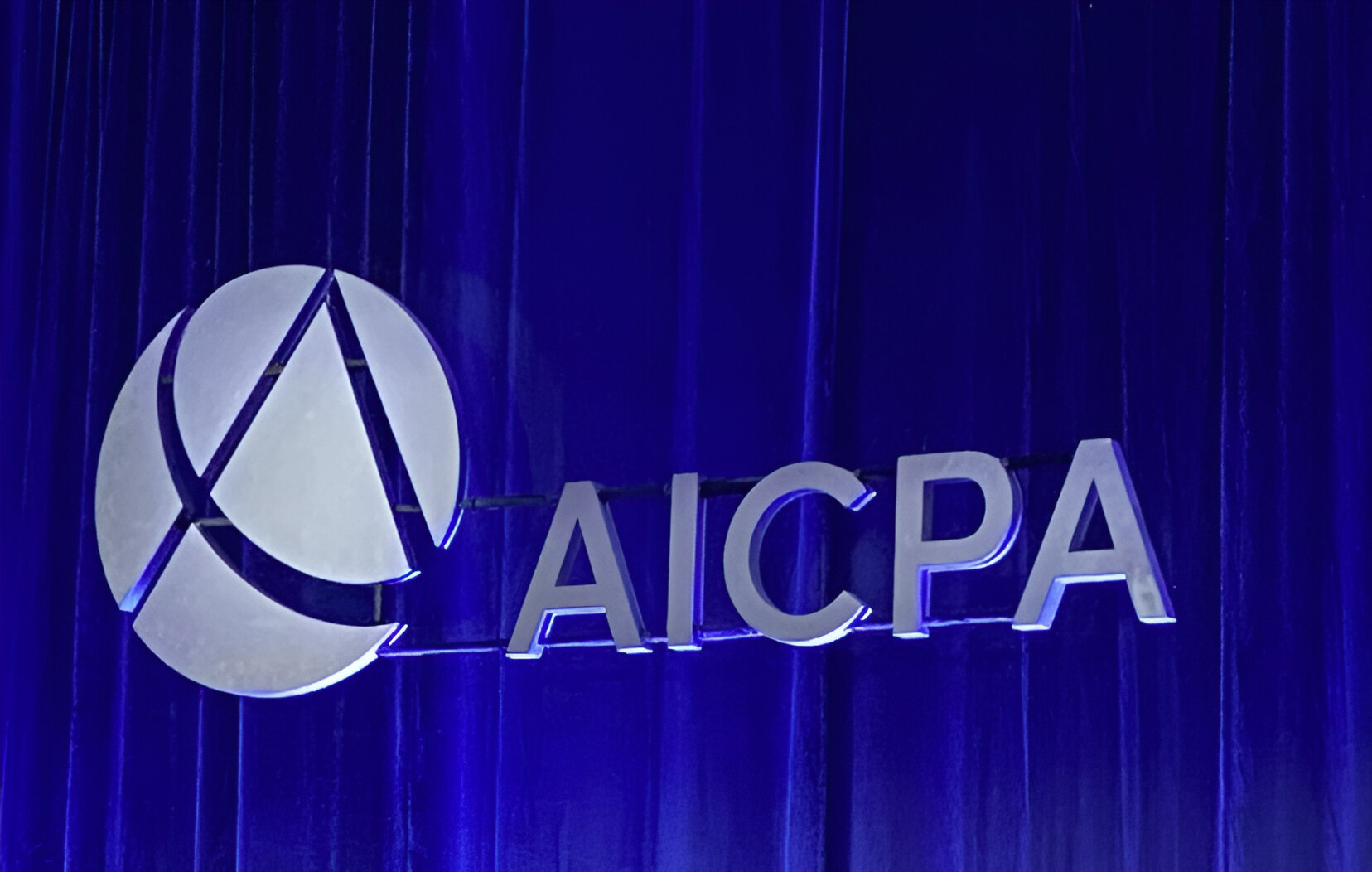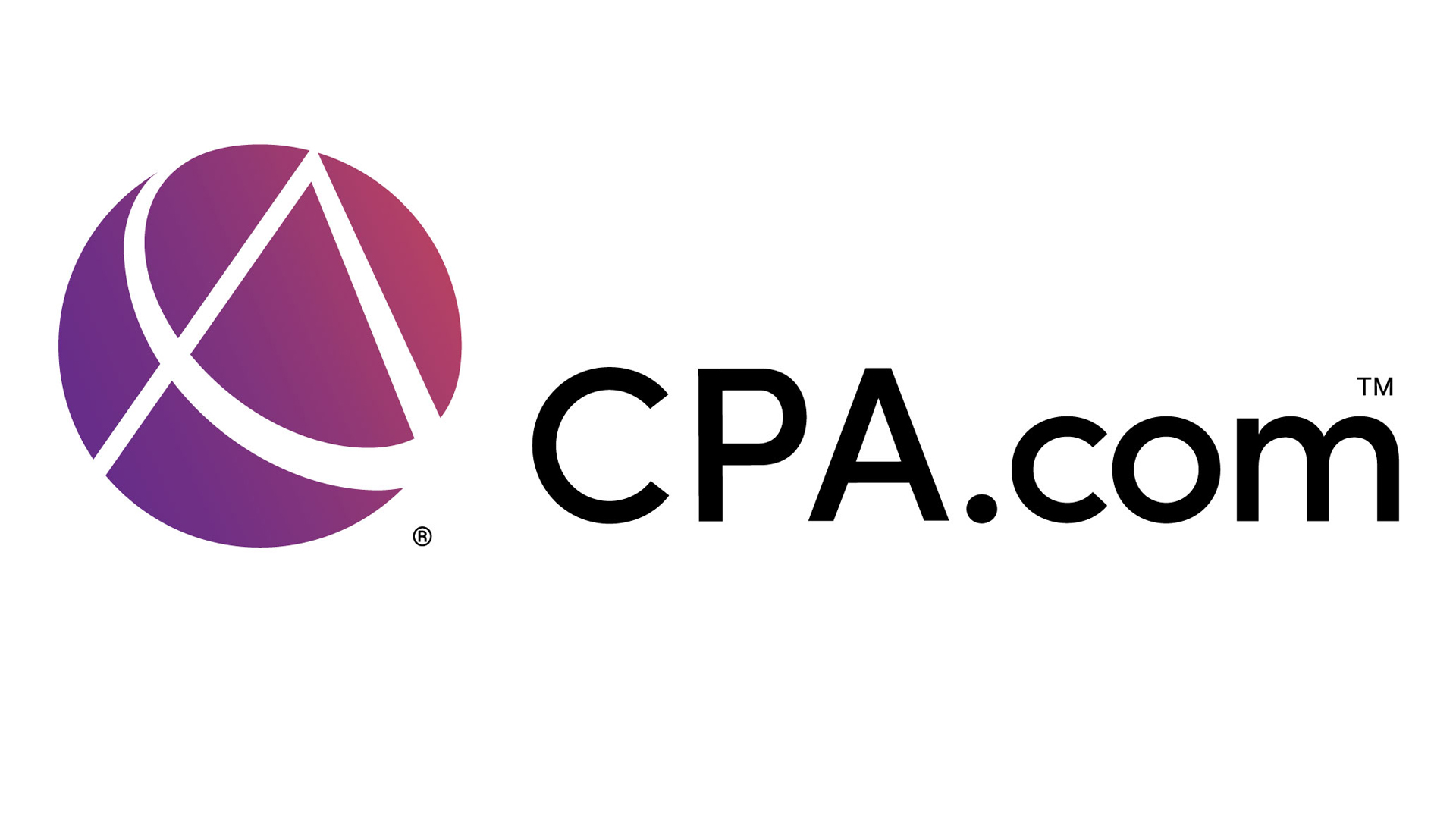As some U.S. corporations rankle investors by holding unprecedented levels of cash, research from the University of Michigan indicates that the CEO’s prior job experience could have something to do with it.
“Our research suggests that managers’ experiences change their beliefs and preferences for taking risk,” said Amy Dittmar, a finance professor at U-M’s Ross School of Business.
“If a manager worked for a firm that had financial difficulties in the past, they will overestimate the need for cash and adopt a more conservative financial policy at the firm where they are currently employed—even if that higher level of cash is not needed for precautionary savings at this firm.”
Dittmar said the average firm holds roughly 20 percent of its assets in cash. But some firms are holding about 5 percent more due to this experience—money that investors want utilized to buy back stock or invest in the business, she said.
“Our findings indicate that firms operated by CEOs who experienced financial difficulties at another firm have higher cash holdings beyond what can be explained by standard empirical cash models,” she said.
U.S. corporations were holding $1.79 trillion in cash at the end of 2012, according to the Federal Reserve. One shareholder sued Apple in February to force it to use some of its cash hoard of $137 billion to benefit investors.
Dittmar and co-author Ran Duchin of the University of Washington looked at employment data of more than 8,500 CEOs. They found the cash-to-asset ratio was 3.1 to 4.4 percentage points higher for companies run by CEOs who were previously employed at a firm that experienced financial difficulties.
The results hold after controlling for a precautionary savings motive and excluding multinational firms that may have cash trapped overseas for tax purposes. The marginal value of an additional dollar of cash to these firms is 10-to-16 cents less than comparable firms.
“Experience leaves its mark,” Dittmar said.
—————
Greta Guest is the communications director for the University of Michigan’s Ross School of Business.
Thanks for reading CPA Practice Advisor!
Subscribe Already registered? Log In
Need more information? Read the FAQs



